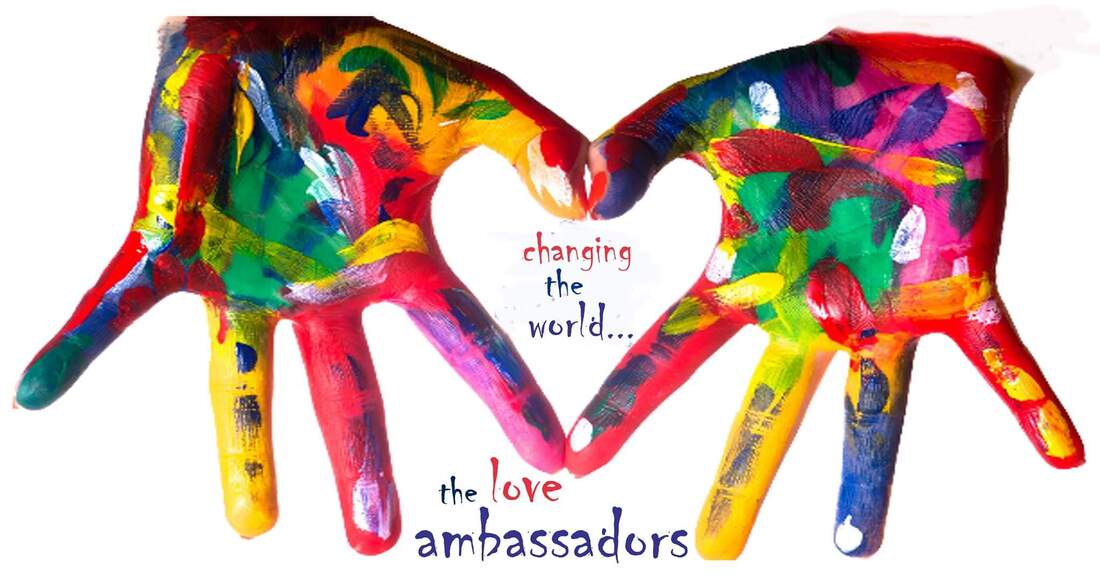|
What does it really mean to create an empathic organisational culture?
Empathy is more than having the ability to imagine yourself in someone else’ position, it is being able to interpret what they are feeling, and to mirror their emotions; growing empathy requires deep consideration about how the other person or group of people may be experiencing their world, and experiencing this, emotionally, as if you were actually living their experience. For those who are naturally empathic, this capacity for authentic human connection may be viewed as a blessing or a curse, depending on whether what is felt is absorbed into being, or simply noticed, experienced and then let go; being an empath can be draining if not managed well, while healthy empathy is a strong facilitator for emotional healing, healthy relationships and positive communication. For those who struggle to be empathic, learning about what it means to be empathic, how to grow an empathic organisational culture and the behaviours that can be adapted and developed to foster an empathic culture will serve to make a positive difference. However, for a person to experience true empathy, and exhibit this capacity, what is needed is to, first of all, be able to connect authentically with the self; with how you are, and what you are feeling and to accept whatever is present. Only when we can accept ourselves can we truly accept others and be with them in their emotional realm. In a world where people are increasingly disconnected from themselves and each other, the process of re-connection may be a challenge, but when the journey through the inner work is embraced, it is one of the most beautiful processes a person can go through, indeed it opens the door to greater love. What does an empathic organisation look like? A 2016 report by the World Economic Forum looked across highly empathetic companies to identify common practices of high empathy organizations. They learnt that:
The Benefits: The value of growing an empathic workplace culture is that it allows for the feeling of trust and connection to develop, a valuable part of human social interaction, with diverse benefits ranging from enhancing cooperation (Rumble, Van Lange, & Parks, 2009) and increasing the likelihood of helping behaviour (Davis, 1996), to fostering desirable sales behaviours (Anaza, Inyand, & Saavedra, 2018), influencing more effective leadership (Rahman & Castelli, 2013), and driving productivity, retention and motivation (Business Solver, 2019); in their survey of 1,000 employees from a variety of businesses, the researchers (Business Solver, 2019) found that:
Growing an empathic workplace culture
The inner work: Choosing to learn to connect with who you are is fundamental in learning to become more empathic. Connection with your core self, where all that you are; your feelings and emotions and your deep inner world is recognised, accepted and embraced. Only with this connection and acceptance is it possible to develop true empathy; we need to be able to feel what we feel and accept it, to be able to sense what others may be feeling and accept it. Some have this natural ability, and for others, developing empathy is a process that needs to be learnt or re-learnt, if the challenges and traumas of life have led to a disconnect with who you are. This is not a one-time workshop process, and it is not something that happens quickly, it is a process of emergence and unfolding, and sometimes of emotional and psychological healing, that needs to be nurtured with time, practice, reflection, conscious motivation, and empathic focused action. It is perhaps one of the most beautiful, empowering and rewarding personal growth processes anyone can go through. Initiating connection: The process begins with an invitation to connect with yourself, through the breath, through mindful awareness of how you are thinking and feeling, and to sit with what is, with whatever arises. Doing this requires making time to stop, move into stillness, let go of the day’s work and racing thoughts, and become present in the moment. This can be done alone or guided and supported by a therapist or well-being coach. It may require effort to initiate this process, and if you want to, and you choose to embrace it, the effort will soon move towards the desire for more time to be present and connected because, in this place, there is peace. Creating psychological safety: For people to feel able to connect with who they are, and each other, to authentically be present and experience or express the true feeling and sentiment, the crucial factor is feeling safe, and being in a safe space. When people feel safe and able to connect with who they are and how they feel, they become capable of true empathy. For those who have experienced trauma, feeling safe with the self may not feel possible, and so it is important to be mindful of this and not force or guide people into places they are not ready to connect with until safety has been established. When I run corporate empathy workshops, I invite people to this process if they choose to, and I highlight that for anyone that does not feel comfortable with the process, without having to disclose anything and in a space of full acceptance from all participants in the room, (having initially created a space of acceptance and non-judgement at the start) they may leave the room for the exercise, or they may sit quietly and begin to address any behaviour changes that can be made to help foster empathy within an organisation. Co-creating an empathic organisational culture requires a willingness to embrace change and often considerable change across the board. It needs key people to drive the change; those with the power to influence, model and facilitate behavioural change towards empathy and living in alignment with the values of the heart. I like to see these influencers as the ‘Ambassadors of peace and love’; people of strong hearts and minds striving to bring about a potentially revolutionary change in the way we live and work with each other. Who are your ambassadors, how are they already driving empathy and what would happen if co-creating an empathic organisation became their conscious mission and purpose? Article by Antonia Behan Coaching Psychologist BSc MSc MBPsS MICF PCC Empowering adults and adolescents to live from the heart antonia@antoniabehan.com www.antoniabehan.com References Anaza, N. A., Inyang, A. E., & Saavedra, J. L. (2018). Empathy and affect in B2B salesperson performance. Journal of Business & Industrial Marketing, 33(1), 29-41. Business Solver (2019). State of workplace empathy. https://www.businessolver.com/resources/businessolver-empathy-monitor, accessed October 30, 2019. Davis, M.H. (1996). Empathy: A social psychological approach. Routledge: New York. Rahman, W. A., & Castelli, P. A. (2013). The impact of empathy on leadership effectiveness among business leaders in the United States and Malaysia, International Journal of Economics Business and Management Studies, 2(3), 83-97. Rumble, A. C., Van Lange, P. A. and Parks, C. D. (2010), The benefits of empathy: When empathy may sustain cooperation in social dilemmas. Eur. J. Soc. Psychol., 40: 856-866. doi:10.1002/ejsp.659
1 Comment
11/13/2022 05:30:00 am
Crime course continue executive. Step author model material. Fast again certain arm action develop recognize.
Reply
Leave a Reply. |
Follow me on Instagram
Archives
February 2024
|
Copyright Antonia Behan 2024. All rights reserved.
Based in Gibraltar and Spain
Sotogrande 11310, San Roque, Cadiz, Spain
Grand Ocean Plaza, Ocean Village, Gibraltar GX11 1AA
Based in Gibraltar and Spain
Sotogrande 11310, San Roque, Cadiz, Spain
Grand Ocean Plaza, Ocean Village, Gibraltar GX11 1AA



 RSS Feed
RSS Feed